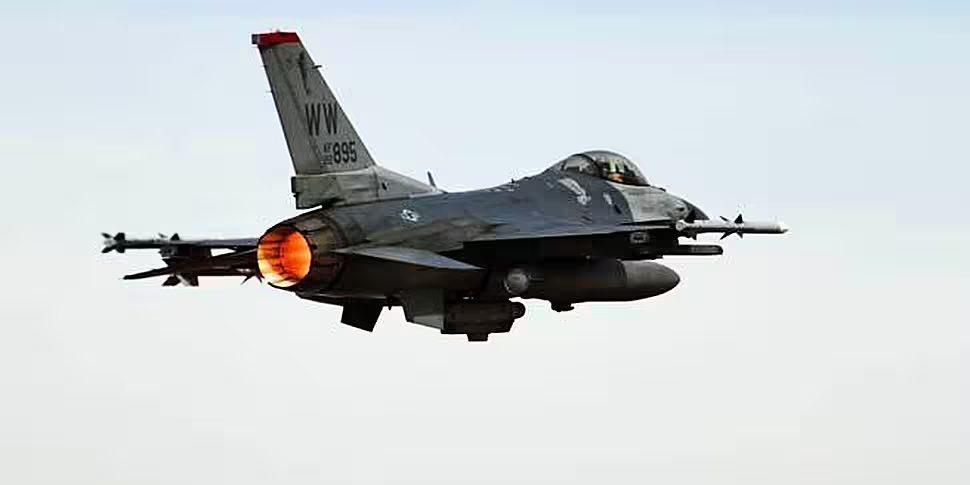The Iraqi government has asked the United States to carry out airstrikes to help reverse the sweeping gains of Islamist militants in the country.
General Martin Dempsey, chairman of the US Joint Chiefs of Staff, confirmed the request on Wednesday as US President Barack Obama prepares to brief lawmakers on what options Washington could pursue.
Iraq's Prime Minister Nouri al-Maliki has said his forces are "striking back" after a "shock" defeat at the hands of Sunni militants in the country's north.
Mr. Maliki's address came as insurgents were seen parading through the city of Baiji after taking over three-quarters of the oil refinery there.
Smoke was seen billowing from the Baiji complex, Iraq's biggest, as officials confirmed it had been infiltrated by Islamic State of Iraq and Syria (ISIS) militants - potentially giving them control of the energy supply in northern Iraq.
Production had already ceased at the refinery, north of Baghdad. The attack on Baiji follows the revelation that ISIS charts its brutality and tactics in annual reports called al-Naba - The Report.
The 2013 version claims 10,000 operations in Iraq, including 1,000 assassinations and 4,000 improvised explosive devices planted.
The US-based Institute for the Study of War has analysed the 2012 and 2013 reports and corroborates much of the information they contain. Other claims in the 2013 report include the freeing of hundreds of radical prisoners - and hundreds of "apostates" being turned.
Oil workers evacuated
As ISIS continued its move towards Baghdad, Iranian President Hassan Rouhani warned "the great Iranian people will do everything to protect" revered Shia shrines in Iraq from Sunni militants - the clearest indication yet that Tehran is prepared to mobilise.
Mr. Rouhani's chief of staff, Mohammad Nahavandian, said Iran could work with the US on Iraq if talks about its nuclear programme are successful.
Syrian President Bashar al-Assad said terrorism will strike back against the West and other countries that have "supported" attacks in his country and elsewhere in the Middle East.
Mr. Maliki's pledge to strike back against ISIS appears set to begin with the "liberation" of the strategic northern Shia town of Tal Afar, which a security spokesman said would be completed in a matter of hours.
Meanwhile, Kurdish forces in the northern towns of Saadiya and Jalula began a counter offensive against ISIS.
Outside the city of Samarra, home to one of the most important Shia shrines, the bodies of 18 Iraqi security personnel were discovered.
Elsewhere, diplomats in Baghdad were looking into reports of ISIS abducting 100 foreign workers in areas under its control. Some international oil companies have confirmed the evacuation of foreign workers.
The head of Iraq's southern oil company, Dhiya Jaffar, said Exxon Mobil had carried out a major evacuation, while BP had pulled out 20% of its staff.
Medical charity Médecins Sans Frontières (MSF) appealed to the warring factions to spare medical staff after one of its clinics in the northern city of Tikrit was damaged in an offensive by Islamists.
Amid the troubles, photographs emerged of children holding weapons alongside both the jihadists and fighters loyal to the government.









